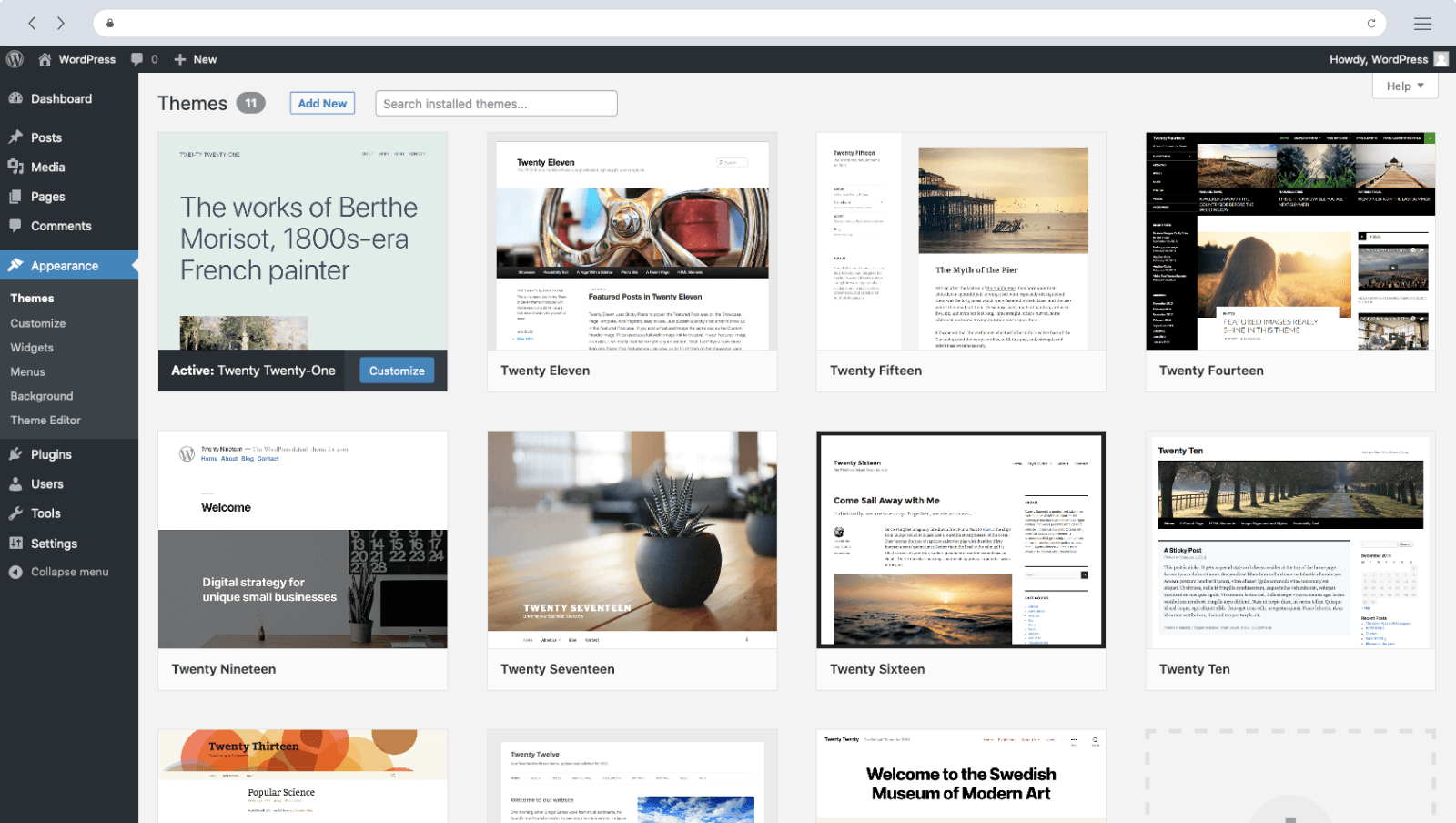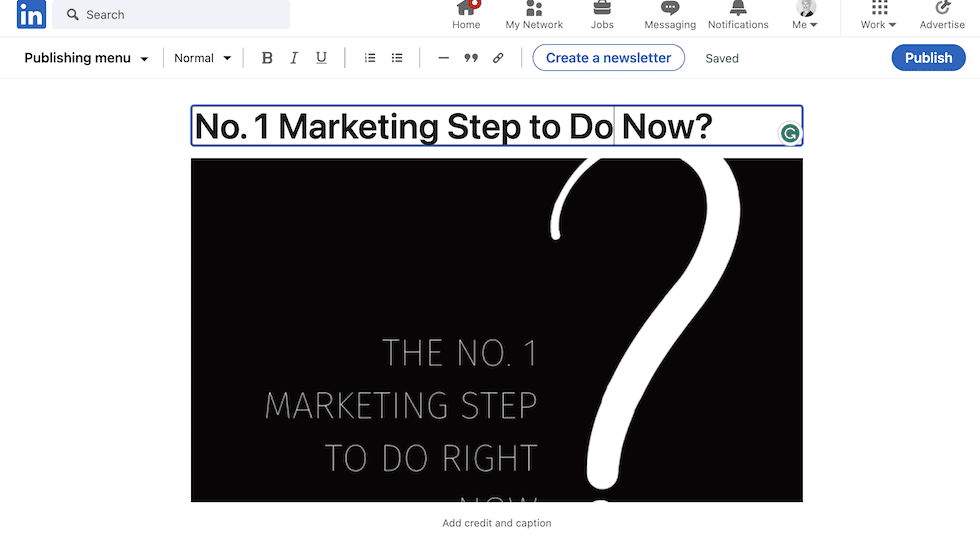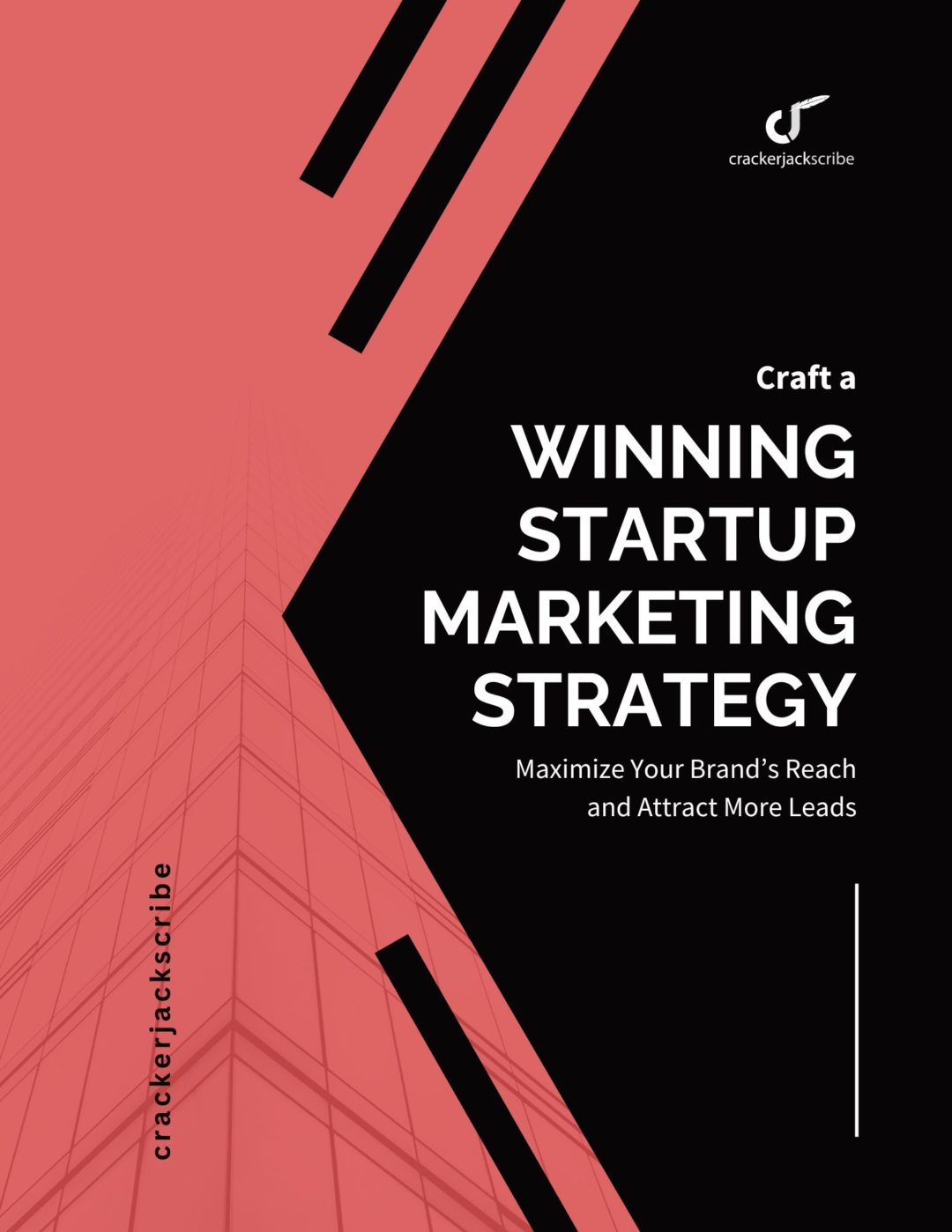Introduction
In this episode of the Bootstrap Digital Marketing Podcast, we’ll explore effective Blogging Strategies for Startups. I’m Laura Tate, your host, and we’ll discuss how Mastering Business Blogging can help you attract, engage, and convert your audience. Our focus is on creating brand awareness through blogging so your startup or business can grow from zero to landing million-dollar contracts.
I have utilized blogging and social media, email, and other online marketing tools to grow brand awareness for my and my clients’ businesses and attract and convert leads. One of the main components has been blogging.
Today, we’ll talk about the benefits of blogging, case studies, and important considerations when setting up a blog. I’ll share tools I use for myself and my clients and give you some essential tips.
Listen to the Podcast
Watch Now
Mastering Business Blogging: An Online Course Preview
Of course, you won’t learn everything you need to know about business blogging in today’s episode. So, good news: I am offering a free Master Business Blogging Course in which I’ll go more in-depth on the steps you need to take to master business blogging.
I’ll show you interactively some tools I use to help you research blog ideas, keywords, and tools that help you start writing, even if you’re not a writer. Watch it now by clicking above, or sign up below and watch later.

Blogging Strategies for Startups: The Benefits
Okay, let’s discuss why a blog is essential to a successful digital marketing strategy. So you’ve launched a business or a startup. Now what? You’re brand new, you’ve got the startup, and nobody knows about you. Nobody knows about your product. How do you get noticed? One of the first ways to get seen is with blogging. Of course, you’ve got to have a website. You’ve got to have some online place where you’re going to publish your blog.
And you need a strategy; you’ve got to have a plan in place, and I’ve got some other episodes that you can listen to to help you build your strategy.
Start with episode one. I started talking about setting goals. You’ve got to set your goals and do your research. You have to identify your target audience.
However, a significant component of building your brand awareness is a blog. It is an ongoing tool that will help you bring traffic to your website and build up your SEO—search engine optimization. It’ll give you a way to establish your brand authority and identity and something to share on all your social media channels. It’s invaluable, a business blog.
These are just a couple of reasons that explain the importance of blogging, but let me share a few success stories that resulted from my content marketing efforts and why blogging was essential to these successes.
Successful Case Studies in Startup Blogging
Here are a few business blog examples:
Taking a Voice Tech startup from Zero Brand Presence to Landing Crucial Partnerships and Million-Dollar Contracts
I worked with this startup from the beginning. They didn’t have any online assets and zero brand awareness. They didn’t have a website, no social media channels, except for maybe LinkedIn. And they certainly didn’t have a blog. So, I conducted company interviews, researched the industry and competitors, the best keywords to use, and crafted a content marketing strategy that included a blog, social media, and email. As part of the strategy, I also implemented effective blogging strategies for startups, which helped the company establish itself as a thought leader in the industry and gain a steady stream of traffic and leads.
We had a website built and a blog incorporated. And we started executing our content marketing strategy. Of course, we did use other methods, such as press releases and social media advertising. But the blog was and still is the main component where most, if not all, of our lead conversions took place.
And many of these conversions resulted in successful collaborations, partnerships, and, yes, million-dollar contracts. I know precisely one contract was the direct result of a targeted user searching the internet for a particular keyword that we optimized the website and the blog with, and that’s how they found this startup.
Remember, a success story like this does not take one, two, or three months, not even six months. For you to succeed, you’ve got to put time into it, but if you do your research, craft a well-thought-out strategy, and put the work in, it will result in success, and you will achieve your goals.
Real Estate Agency’s Branding Strategy Leads to Billion-Dollar Buyout
I have helped an agency, a real estate agency that had a goal of being bought out by a billion-dollar corporation. So they contracted me to build up their brand awareness, and one way we did it was with a blog. It took a year and a half to build up their brand, and a multi-billion dollar corporation bought them out.
The Power of Blogging: How a Longtime Client Landed Seven-Figure Contracts Through Their Blog
I have a long-time client who has benefitted greatly from the marketing strategy I developed for them, which includes a blog as a vital component. Over the years, they have secured ongoing contracts worth seven figures, and their blog has played a significant role in attracting and retaining these clients.
My Top 3 Blogging Platforms
So, say you’re a startup, a brand new business, and you have no idea where to begin; as I mentioned, you must have your marketing strategy. You have to know who your audience is. But now what? So you’ve decided you are going to build a website and you’re going to have a blog, or maybe you already have your website, but it doesn’t have a blog. The first thing to consider is what platform you should use. Where are you going to publish this blog?
WordPress

My recommendation is WordPress. I use WordPress for all my clients. I use it for myself. But WordPress has been around since the early 2000s. One of the first major blogging platforms out there, and there are a lot of content websites like TechCrunch and Mashable; I think even Time Magazine and other big websites like that use WordPress not only to build their website but also to publish articles regularly.
You can build a whole website with WordPress and have a blog or your blog on WordPress. There is a medium to difficult learning curve on how to use it. It depends on how savvy you are with technology.
You can hire an agency or a website builder to build your blog, but you can also do it yourself.
Here are the positives of WordPress. You can design any way you want. It’s a drag-and-drop building platform, but it’s also highly customizable. There are a lot of SEO tools, photo galleries, social media sharing tools, and all sorts of ways to optimize your blog for greater reach.
So, the only downside for me is the learning curve. You have to take some time to learn how to use it.
Medium
All right. My second recommendation is Medium. So Medium is a blog or article publishing platform, and it started accessible for everybody, free to read and publish so they could generate a base of writers and readers.
But now, if you want to read more than three articles a month, I think that’s the limit; then you have to subscribe for $5 a month. So, the upside to Medium is that it’s free to publish. You can even get paid for publishing, so they did the subscriber route for readers. But the limited thing about that is that you get little exposure because they have it gated after three articles.
But then the upside is if you become a member and publish your blog there regularly, you can earn money, and they promote your blogs to get in front of people, and they have more than a hundred million members. So there are a lot of readers on there, and it’s highly targeted. So you can sign up, and you can follow different publishers or writers, and you can follow different topics, and so on.
It’s very organized. So if you’re only interested in particular topics or write about specific issues, you can easily find those, and people can easily find your content. So the upside is that it is free to publish, you can earn money, and your articles get greater reach if you’re a member.
You can also republish. So, for instance, if you have a WordPress blog, you can republish your posts on Medium. They have a canonical setting where you can let Medium know that this article you’re republishing was published elsewhere, so that way, Google won’t ding you as far as ranking.
And the downside is that it’s behind a subscription gate. So, while they have a hundred million members, if you blog on a more open platform and market yourself, you’re more open to greater reach.

My third recommendation for blogging is LinkedIn. You can set up a blog on your LinkedIn profile, and it’s free. You can add images, and you can add videos and links back to your website. And the upside of publishing on LinkedIn regularly, especially if you’re in the B2B industry, is that your audience is already built in there, right on the platform.
And if you have a following, they’re immediately alerted when you have a new post. LinkedIn will let everybody know if you wrote a great article and might even put you in one of their weekly roundups, and you can share immediately with groups. You can also publish a newsletter on LinkedIn, so if you have the bandwidth to tackle more content creation, it’s another excellent way to increase brand presence and establish yourself as a leader in your field.
I can’t think of any cons except if you’re going to use that as your sole source of blogging, it’s limited behind LinkedIn’s gate. More likely, blogs on WordPress or other open-source platforms come up first rather than an article on LinkedIn.
Okay, my recommended three platforms are WordPress, Medium, and LinkedIn.
Conclusion
In conclusion, it is crucial to have a blog and publish content regularly. Utilizing any of these three recommended platforms is an excellent way to get started with blogging. Remember, consistent and valuable content can help you establish your online presence and connect with your audience.
Join the Online Class
Now, if you want to get more in-depth and get some more insight and tips on how to master blogging, sign up for the free Webinar course, Mastering Business Blogging to Attract, Engage, and Convert Your Audience.
Mastering Business Blogging
Register Now to Watch




Leave a Reply